In the last two months, as the world has adjusted to the reality of COVID-19, more people than ever before have taken up gardening. Deemed essential businesses in most states, nurseries and garden stores are open to sell vegetable seeds and starts, flowers–and hope. Gardening is a hobby that relieves stress and gives you reason to get outside, so if you’re new to the hobby, welcome! This month, I’d like to offer a few tips for beginners to ensure your continued success this spring and summer.
First, gardening is a labor of love. Don’t fool yourself into thinking you can plant a garden (either flowers or vegetables), give it some care for a week or two and then let it manage itself. The truth is that spectacular hanging baskets or abundant vegetable gardens are the result of consistent care. That’s not to say it’s hard work—just regular watering, feeding and pulling the weeds as they pop up.
As with any living thing, all gardens need regular watering to survive. Rainy days may alleviate the need to water in-ground plantings, but unless we have drenching rains and cool temperatures, hanging baskets and patio pots will likely still need to be watered daily. Watering cans, garden hoses, or sprinklers work great for watering, but if you tend to forget to water or aren’t able to set aside time each day, consider hooking up a faucet-adapted drip system for your containers or a soaker hose on a timer for your vegetable garden. Both are fairly simple to set up and can eliminate the biggest time commitment your plants will require of you this summer. At Vander Giessen’s, we have a great selection of drip and soaker options for your plants–let us help you set up the perfect system!
Gardens also require fertilizing to grow their best. Annuals and hanging baskets will put on a huge show of color all summer long with proper feeding. Slow-release fertilizers are one way to minimize feeding—one dose of slow-release plant food can feed for three to four months—but typically, slow-release doesn’t release nutrients fast enough to give annual flowers all they need. For your best results, feed weekly with a high-quality water-soluble plant food like Jack’s Classic, available at Vander Giessen’s. Doing so will ensure continued growth and blooming through summer and into autumn.
If you’re growing a vegetable garden this summer, you probably already have your garden planted (and if not, it’s not too late to start!), but did you remember to work some compost into the soil first? Chicken manure or Smit’s dairy compost are both excellent additives for working into your soil prior to planting a garden. If you didn’t add compost, though, it’s not too late to fertilize; carefully work some dry Espoma Garden-Tone vegetable garden fertilizer into the soil around your plants or alongside your rows and water it in—or use a water-soluble vegetable fertilizer like Jack’s Classic Tomato Feed to keep your garden growing and producing a plentiful crop.
Next, take the time to pull the weeds. I know, weed pulling is everyone’s least favorite job, but if you keep on top of it, you’ll never have a big job. The old saying “one year’s seeds, seven years’ weeds” rings true—if you let weeds get out of hand and go to seed, you’ll have far more work keeping up than if you pluck or hoe out weeds when they’re small.
Finally, one of the most counterintuitive things you can do to ensure your garden’s success is to rip out half of it. Well, not exactly, but I bet I got your attention! Especially if you’ve planted seeds rather than vegetable starts, it’s easy to end up with a garden that’s overcrowded, which, despite more plants, can lead to lower yields. Different plants have different spacing requirements, so check online or consult an expert for the recommended spacing when thinning your crops.
As we all spend more time in our own backyards this spring and summer, may you enjoy the beauty of blooming flowers and the unbeatable taste of homegrown produce.


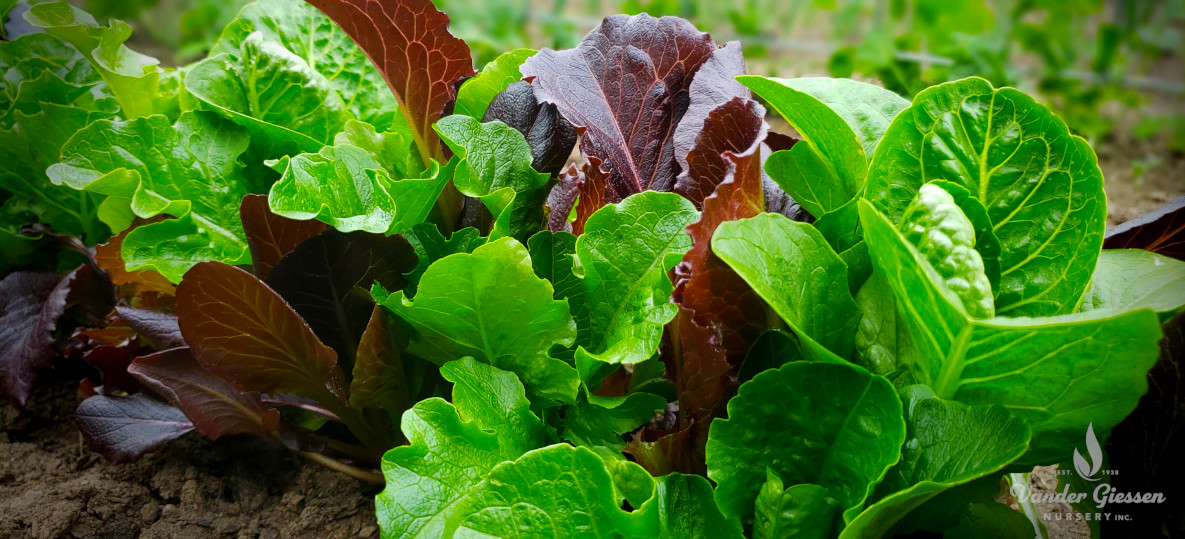
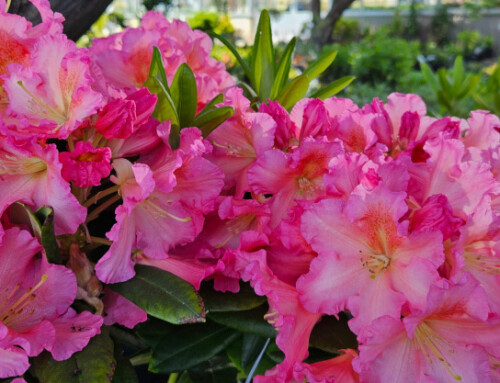
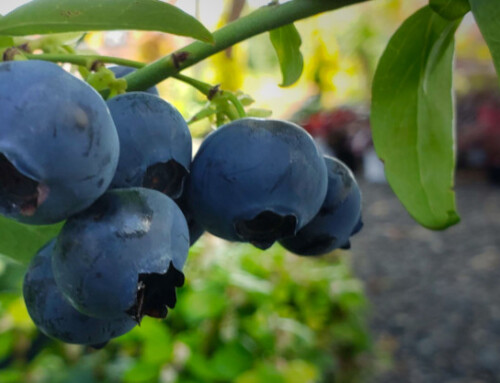
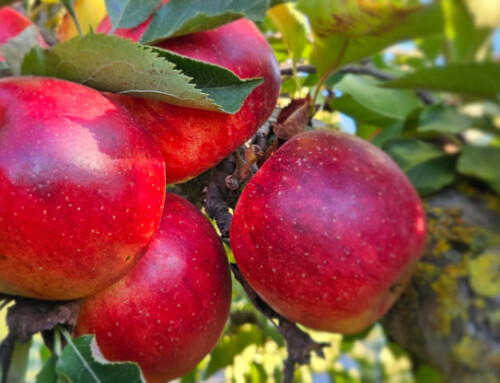
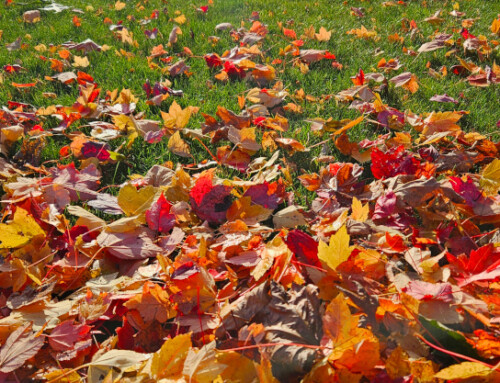
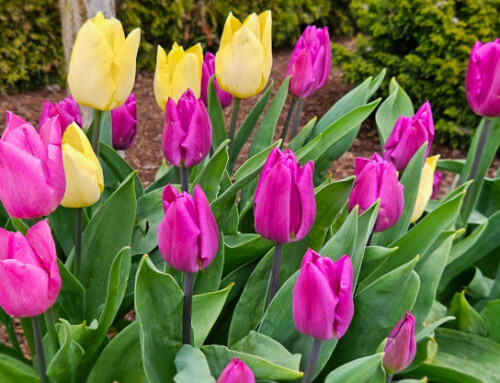
Leave A Comment